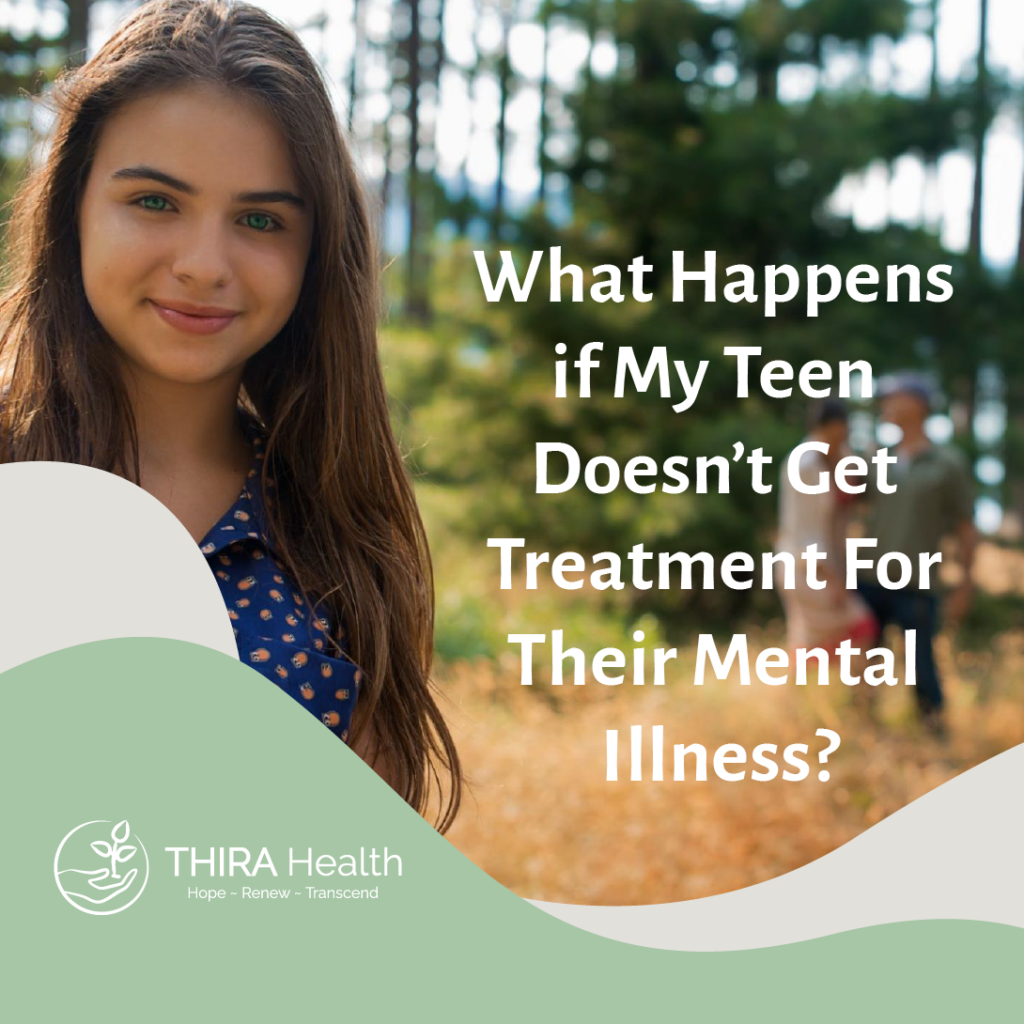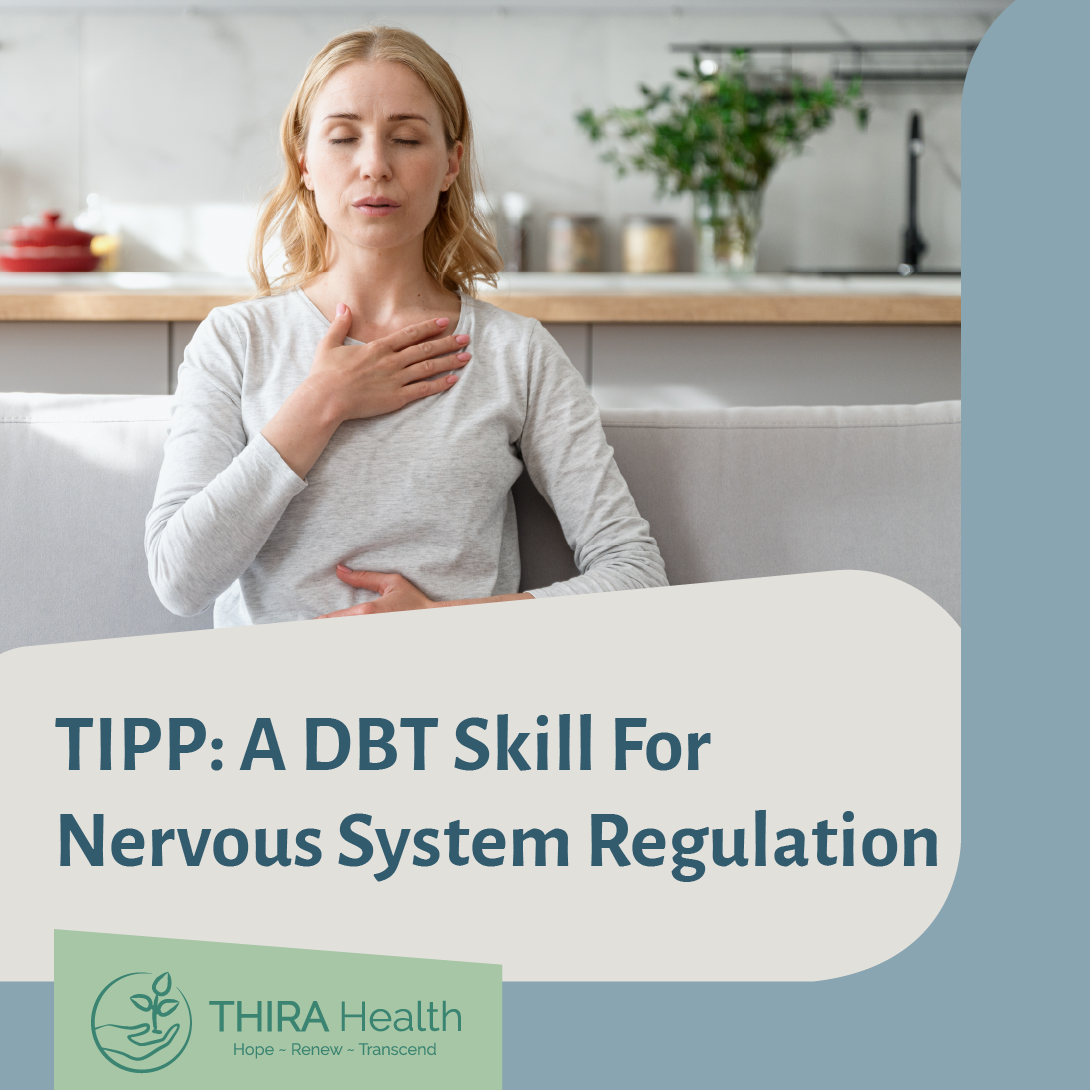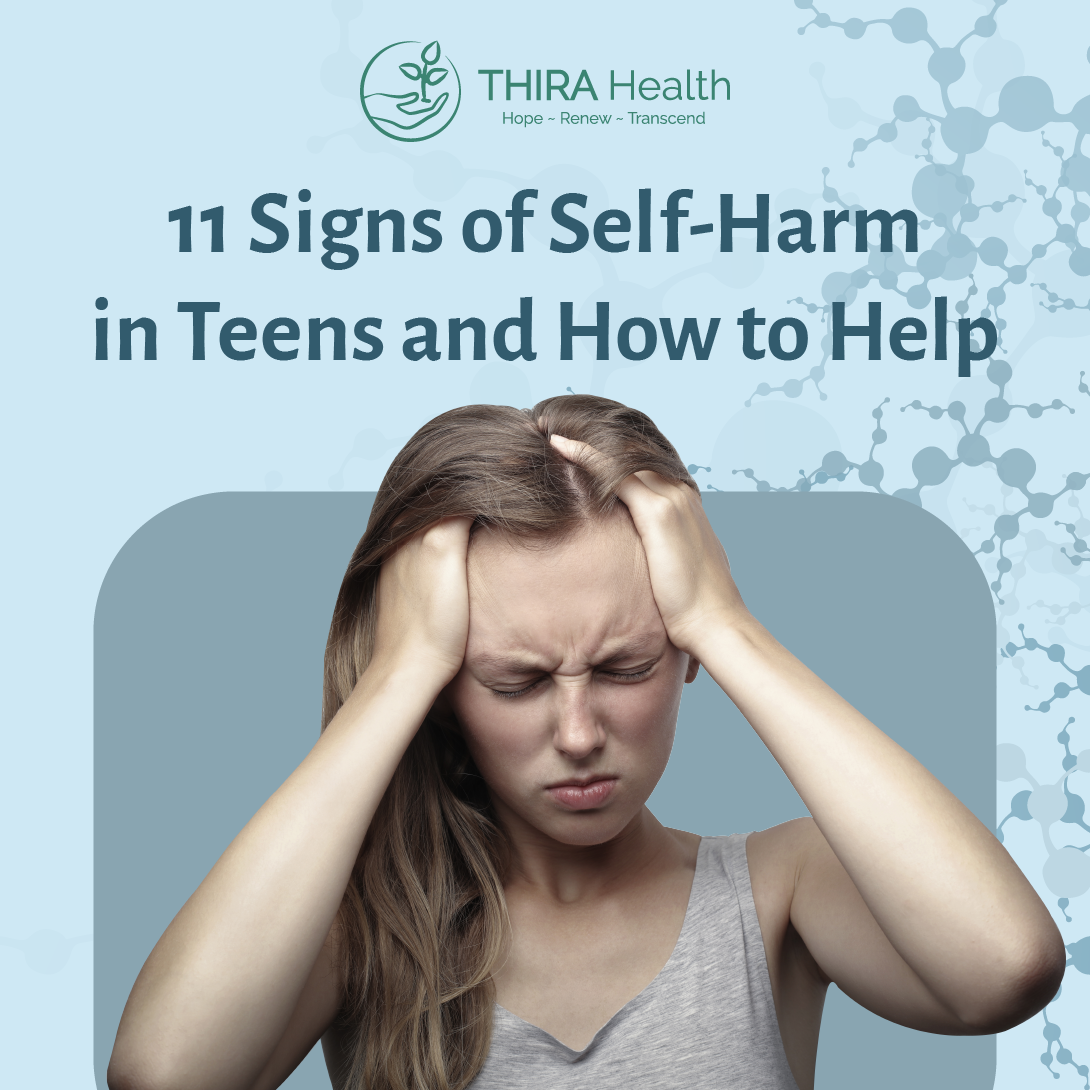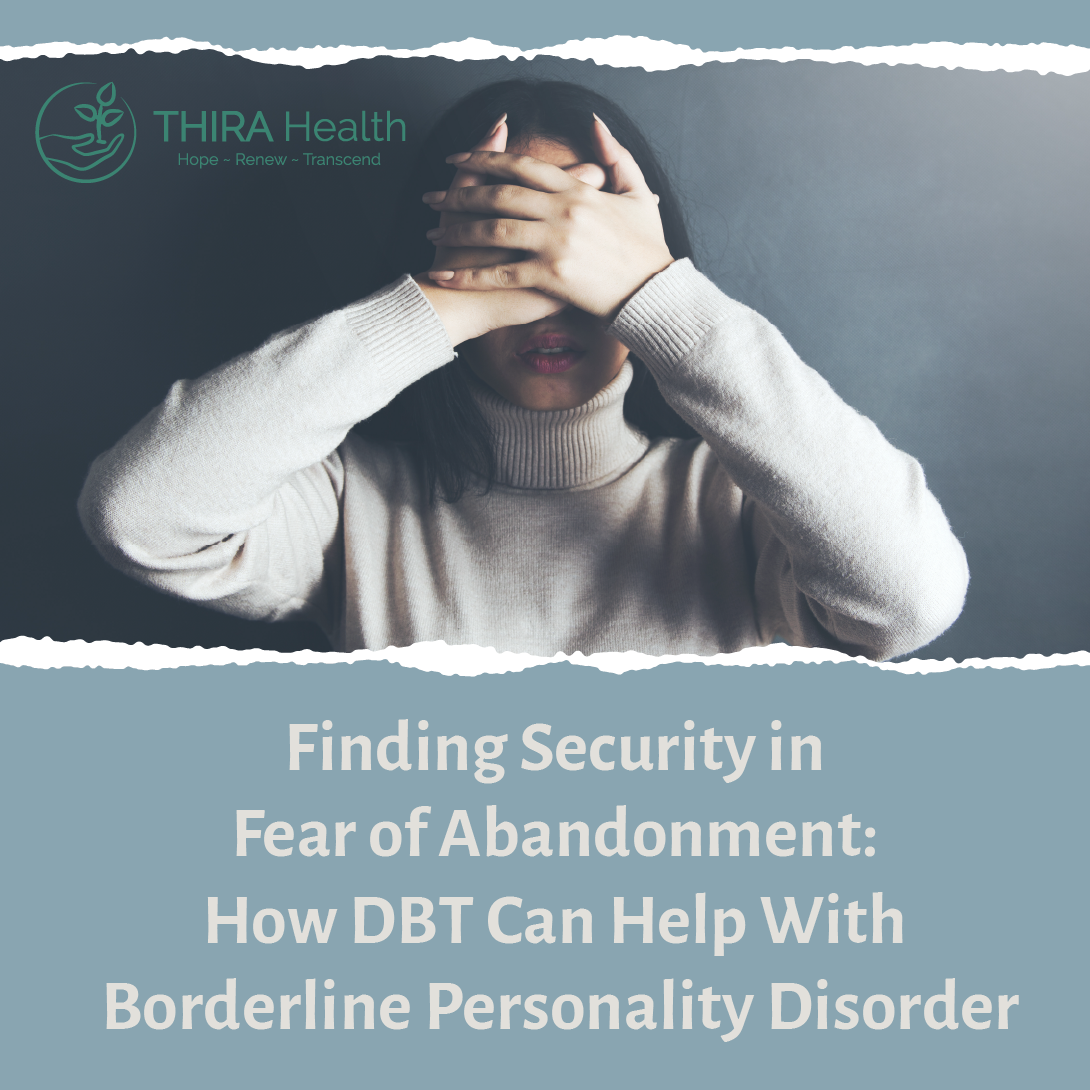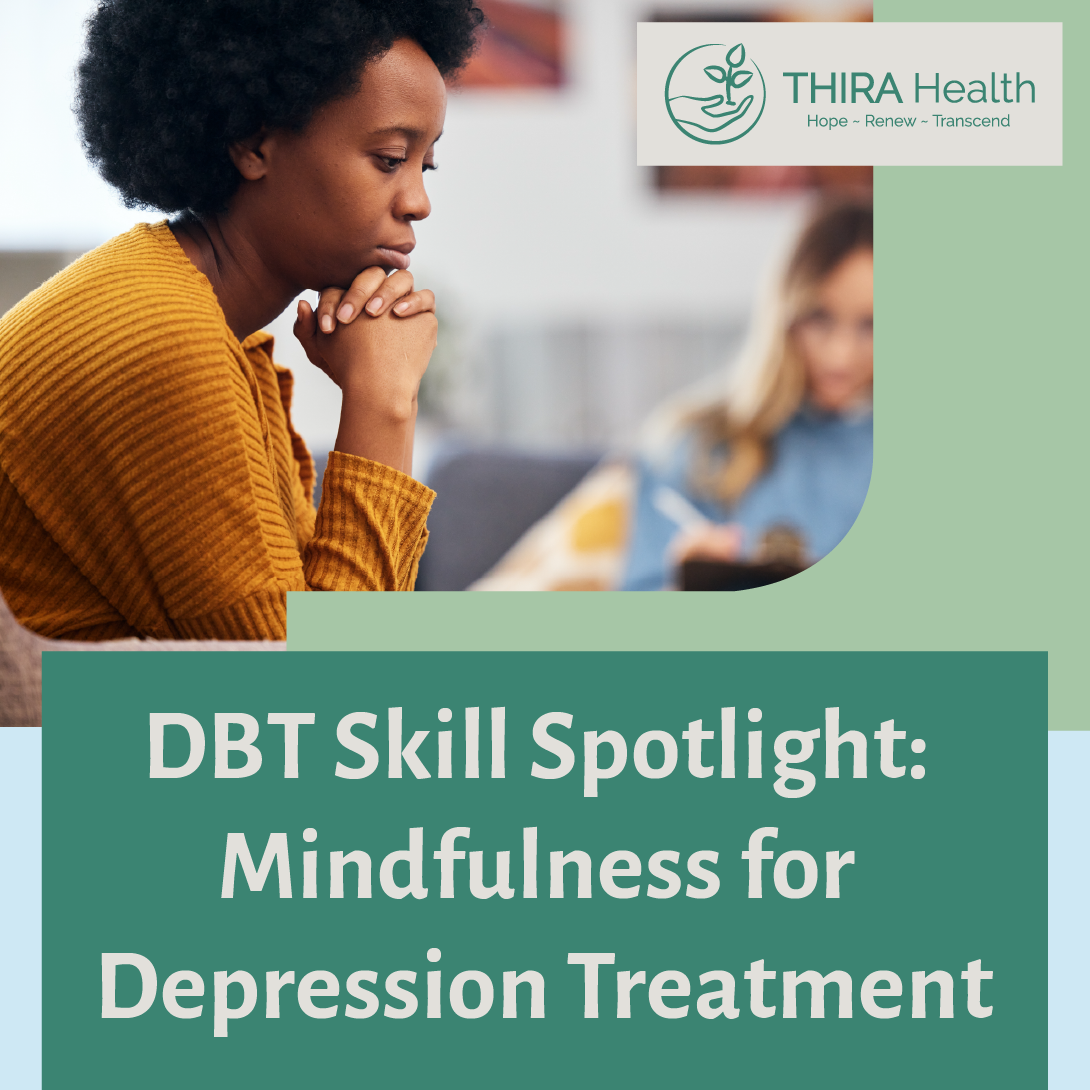The teen years are a period of immense transformation—both physically and mentally. As your teen navigates a world filled with new responsibilities, opportunities, and challenges, they may also be riding a wave of intense emotions and rapid changes. It’s easy to assume that these shifts are temporary phases, but some struggles, particularly with mental health, require more attention. Even though your teen may lean on you less than they did in childhood, your support is still vital, especially when it comes to recognizing when professional help might be needed.
Parents need to know that mental illness in teens is anything but a phase. Some moodiness is normal in adolescence, but when your teen shows signs of a mental illness like depression, anxiety, OCD, disordered eating, or more, it’s critical to get your teen the help they need.
What happens if a teen doesn’t get treatment for mental illness?
Missing out on life milestones and future opportunities
Adolescence is a time of trying things out. New experiences like applying to colleges, school dances, extracurriculars, driving a car, working an after-school or summer job, more time with friends, and planning for their future are all a big part of a teen growing into their future adulthood.
Teens with untreated mental health issues often have symptoms that keep them from fully participating in normal teen life milestones. They may be too anxious to start to drive, they may panic at the pressures of a school sport, or be too depressed to spend time with friends. Their grades can suffer too, and they may even struggle to plan for the future they want by avoiding college essays and procrastinating on applications.
This loss of ability to participate can even deepen your teen’s feelings of loneliness, hopelessness, and worthlessness, creating a cycle of mental illness that hurts your teen now, and in the future.
Impulsive and risky behavior
Impulsivity and risk-taking are symptoms of some mental illnesses, including anxiety disorders, depression, and borderline personality disorder (BPD). Your teen has more opportunities and independence than they’re used to, and coupling that with untreated mental illness can be a recipe for harmful, poorly thought-out decisions. All teens are impulsive sometimes, but if those decisions escalate to dangerous or illegal behavior because of untreated mental illness, your teen can have potentially serious consequences.
Substance abuse
Both teens and adults may turn to substances to cope with mental illness, but for teen brains this is especially dangerous. Alcohol and drugs can damage their brain growth, impact their grades, harm their physical health, and worsen their mental health. They’re also illegal for teens to consume, meaning when your teen leans on alcohol or drugs to cope, she’s risking legal trouble on top of other risks.
Eating disorders
Eating disorders are rarely about food; usually, they’re a means for teens and adults to feel control or numb feelings when things like their mental health feel out of control. Eating disorders damage your teen’s mental and physical health, and leaving mental health untreated can allow eating disorders and mental health struggles to reinforce each other.
Self-harm or suicide
Perhaps the most severe impact of a teen not getting treatment for their mental illness is the very real risk of self-harm or suicide. Up to 14% of teens self-harm, and at least 20% of teens have considered suicide in their lives. These urges aren’t just a normal part of struggling with adolescence, they can mean life and death.
While parents can help their teens by regularly bringing up suicide and self-harm and non-judgmentally listening, teens struggling with active suicidal ideation or intent to self-harm need extra help. Without mental health treatment, your teen may act on their suicidal thoughts. It’s imperative to get them immediate emergency help if they’ve mentioned wanting to hurt themselves and to get them to help in an inpatient or outpatient teen depression treatment program as quickly as possible if they’ve indicated they feel like life is worthless, or that they have passive thoughts of suicide or self-harm.
Why would a teen not get treatment for mental illness?
Reluctant parents can learn more
As a parent, you may question whether your teen needs mental health treatment and may be reluctant to seek it out. Talk to your teen’s doctor or school counselor or to a therapist at a depression treatment program for teens to learn more about why early mental health interventions can make a massive difference for your teen. Once you grasp just how great the need is for teen depression treatment for your child, your next step is to talk to your teen about their treatment needs.
Teens may not understand the benefits of therapy; parents can help
Teens might avoid mental health treatment because they’re embarrassed and don’t want to stand out from their peers or because they don’t understand the ways therapy can help. Your teen may worry that she’ll be ganged up on by adults, that she will just have medication shoved in her face, or may fear that what she shares in therapy will be not stay private, making it harder to trust her therapist.
As a parent, you can be a critical first step in your teen getting treatment. Consider these conversation starters to help your teen see how therapy can help:
- We learned about teen depression treatment. Can we show you what we found out?
- We want to help you, and we found an inpatient depression treatment program that has teens who are dealing with similar challenges.
- Your therapist is on your side, no matter what.
- We don’t have to tell anyone you’re in therapy if you don’t want us to; what you share is up to you.
- This therapy program is holistic; it doesn’t just depend on medication; it uses a lot of different techniques to help.
Where can you find teen mental health treatment in Seattle?
While you digest the reality that your teen may need help for mental illness, you may find it hard to know what treatment she needs. For example, who should you talk to to figure out when to seek inpatient treatment for depression for your teen? Where can you find teen mental health treatment in Seattle?
At THIRA Health, we help adolescent girls and gender non-conforming individuals with their mental health. We know you have questions, and we’re here to help. We provide teen depression treatment on both an inpatient and outpatient basis, supporting your teen through some of her toughest moments in life. Connect with us today to see how teen depression treatment can help your teen get started on a life worth living.
